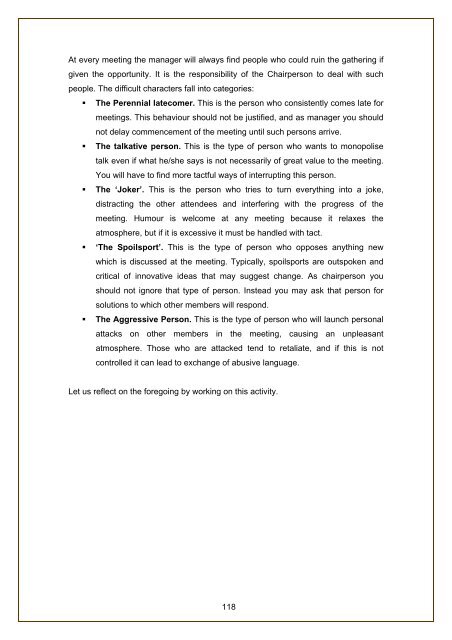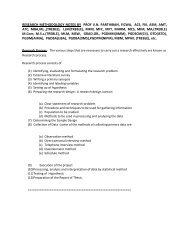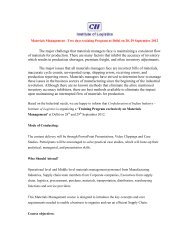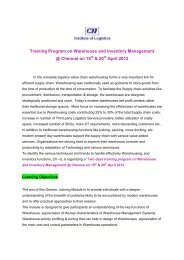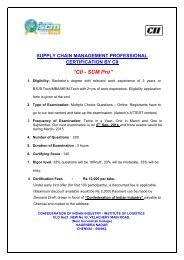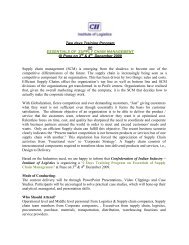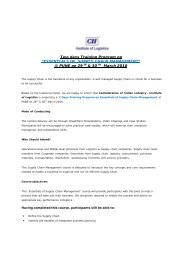successful project management - Commonwealth of Learning
successful project management - Commonwealth of Learning
successful project management - Commonwealth of Learning
You also want an ePaper? Increase the reach of your titles
YUMPU automatically turns print PDFs into web optimized ePapers that Google loves.
At every meeting the manager will always find people who could ruin the gathering if<br />
given the opportunity. It is the responsibility <strong>of</strong> the Chairperson to deal with such<br />
people. The difficult characters fall into categories:<br />
• The Perennial latecomer. This is the person who consistently comes late for<br />
meetings. This behaviour should not be justified, and as manager you should<br />
not delay commencement <strong>of</strong> the meeting until such persons arrive.<br />
• The talkative person. This is the type <strong>of</strong> person who wants to monopolise<br />
talk even if what he/she says is not necessarily <strong>of</strong> great value to the meeting.<br />
You will have to find more tactful ways <strong>of</strong> interrupting this person.<br />
• The ‘Joker’. This is the person who tries to turn everything into a joke,<br />
distracting the other attendees and interfering with the progress <strong>of</strong> the<br />
meeting. Humour is welcome at any meeting because it relaxes the<br />
atmosphere, but if it is excessive it must be handled with tact.<br />
• ‘The Spoilsport’. This is the type <strong>of</strong> person who opposes anything new<br />
which is discussed at the meeting. Typically, spoilsports are outspoken and<br />
critical <strong>of</strong> innovative ideas that may suggest change. As chairperson you<br />
should not ignore that type <strong>of</strong> person. Instead you may ask that person for<br />
solutions to which other members will respond.<br />
• The Aggressive Person. This is the type <strong>of</strong> person who will launch personal<br />
attacks on other members in the meeting, causing an unpleasant<br />
atmosphere. Those who are attacked tend to retaliate, and if this is not<br />
controlled it can lead to exchange <strong>of</strong> abusive language.<br />
Let us reflect on the foregoing by working on this activity.<br />
118


